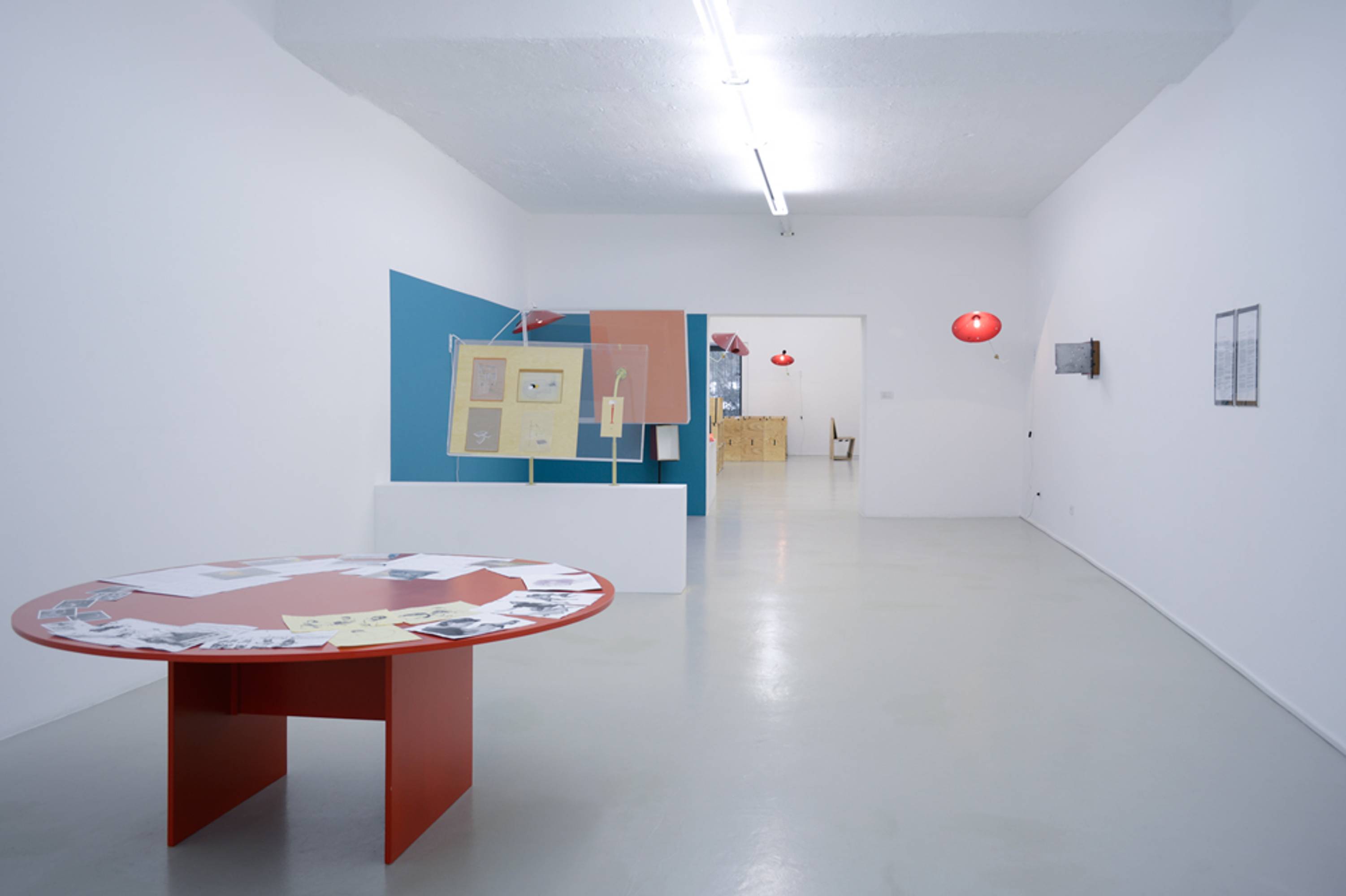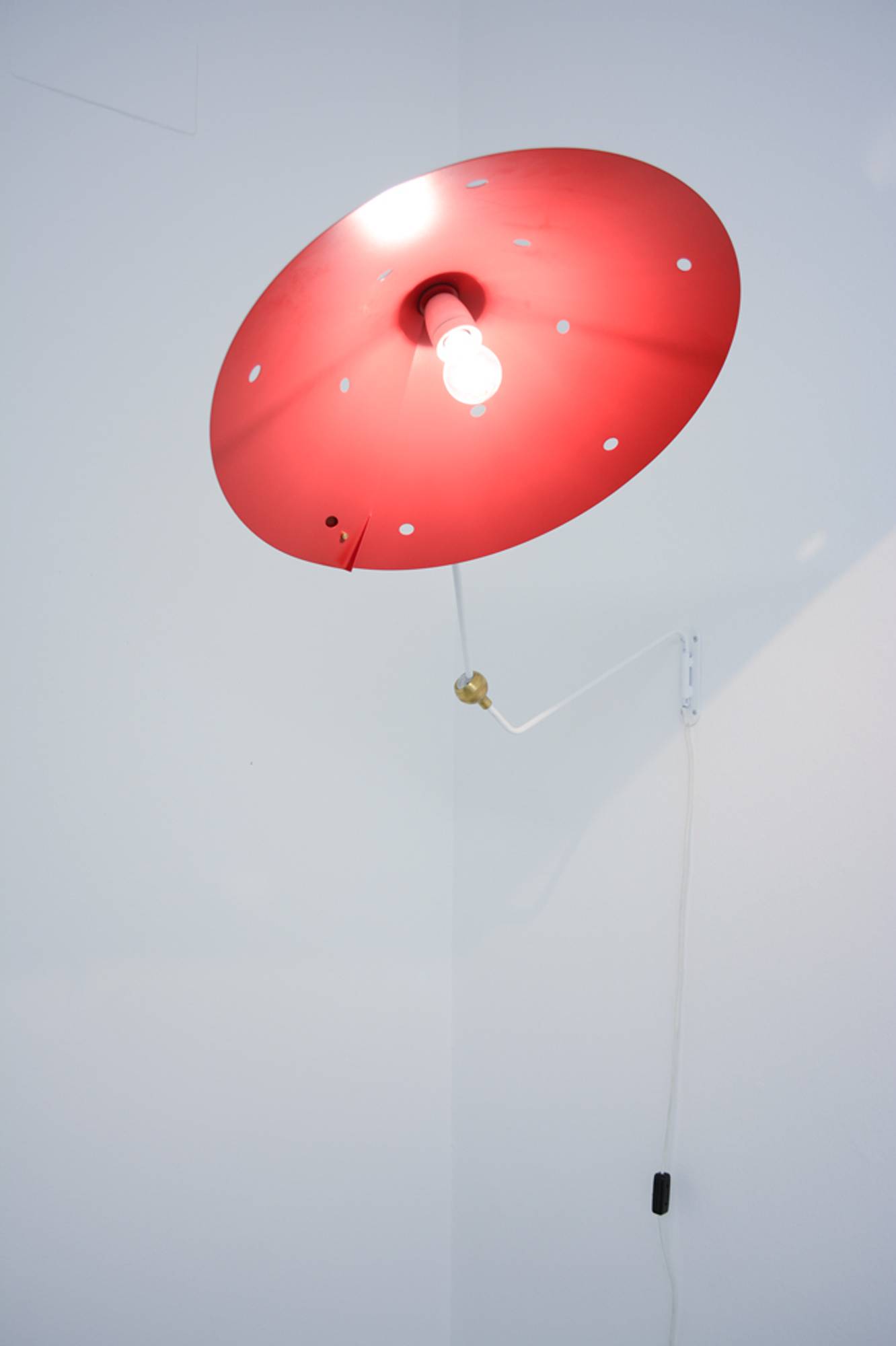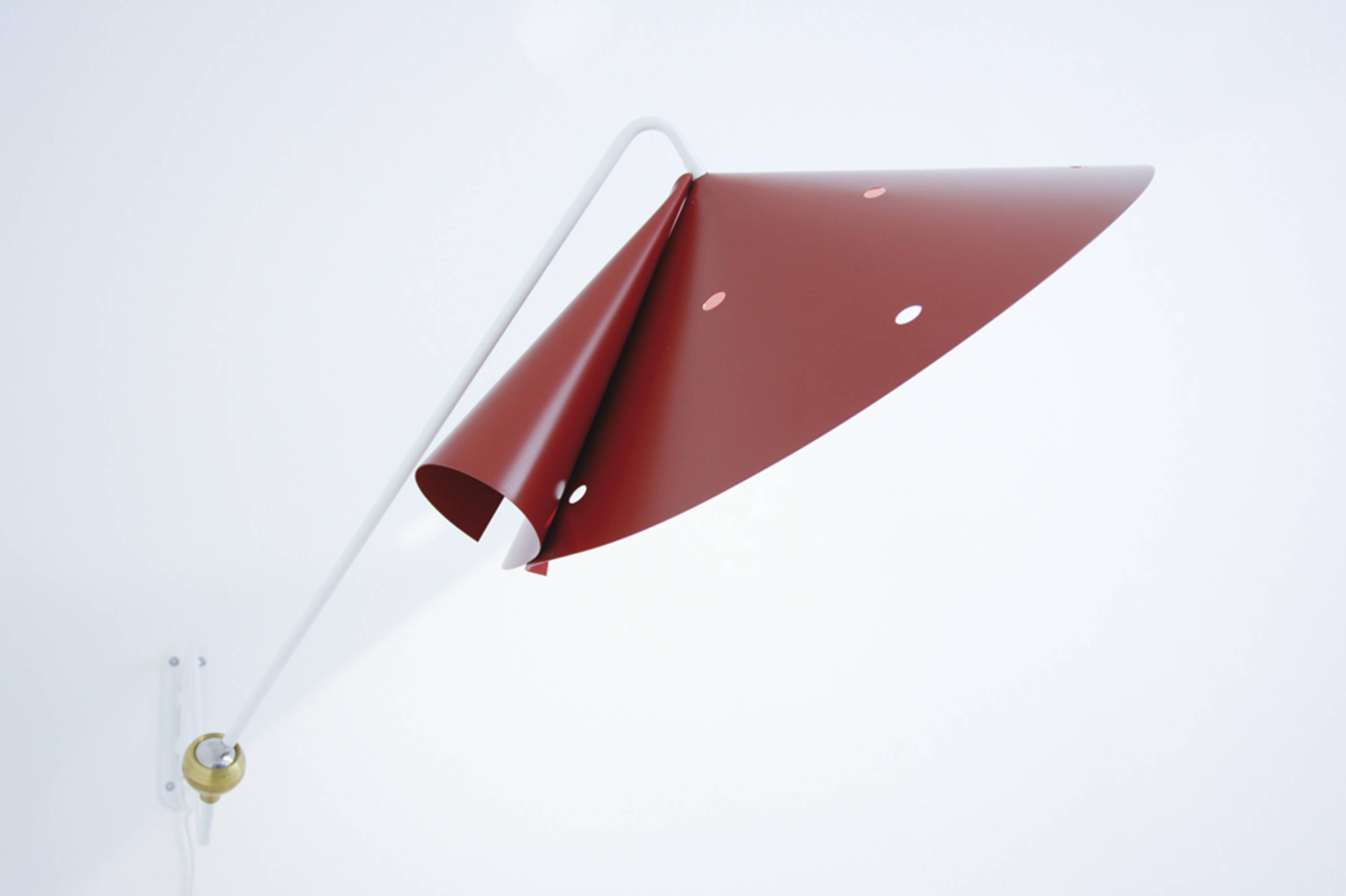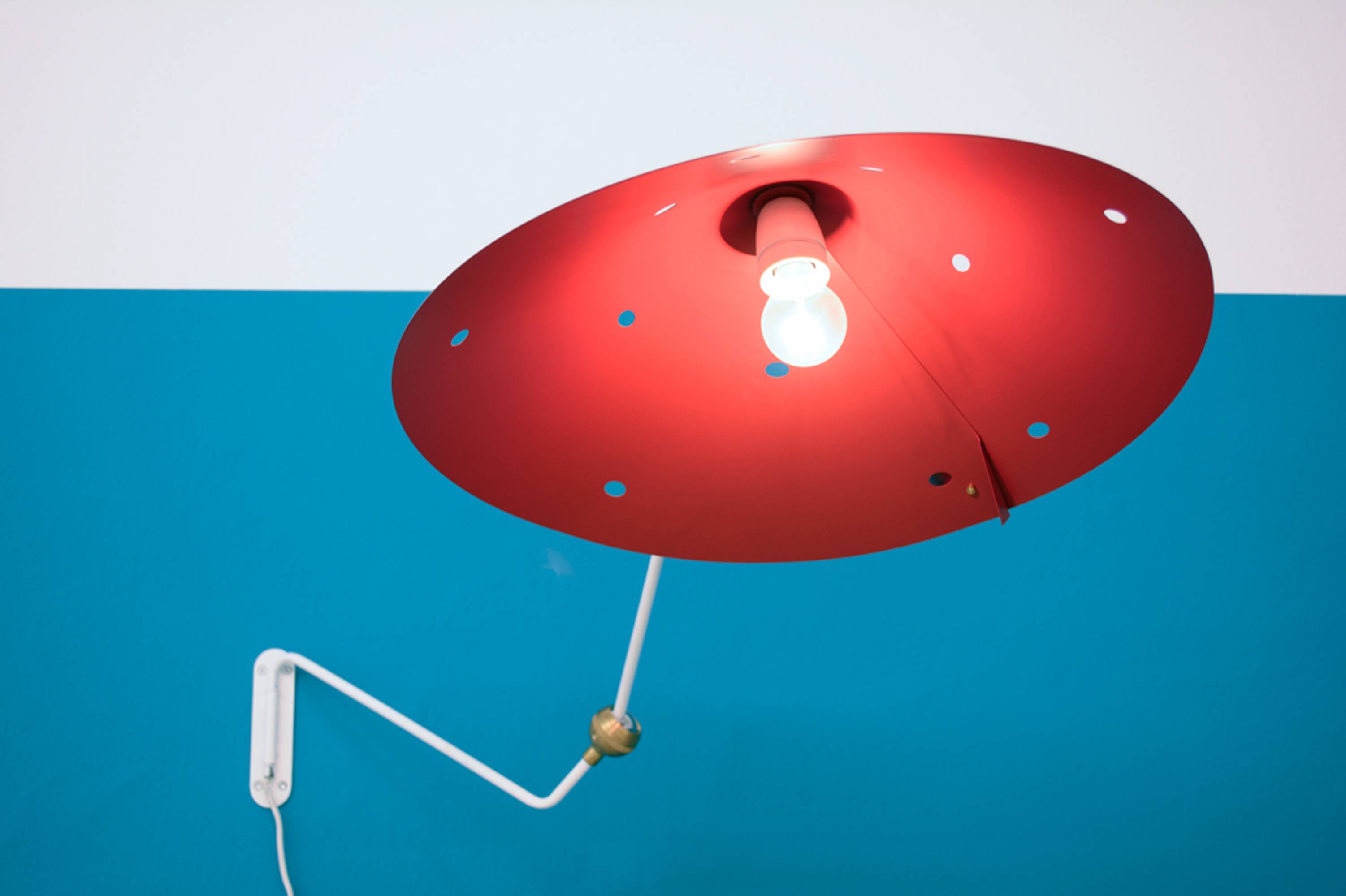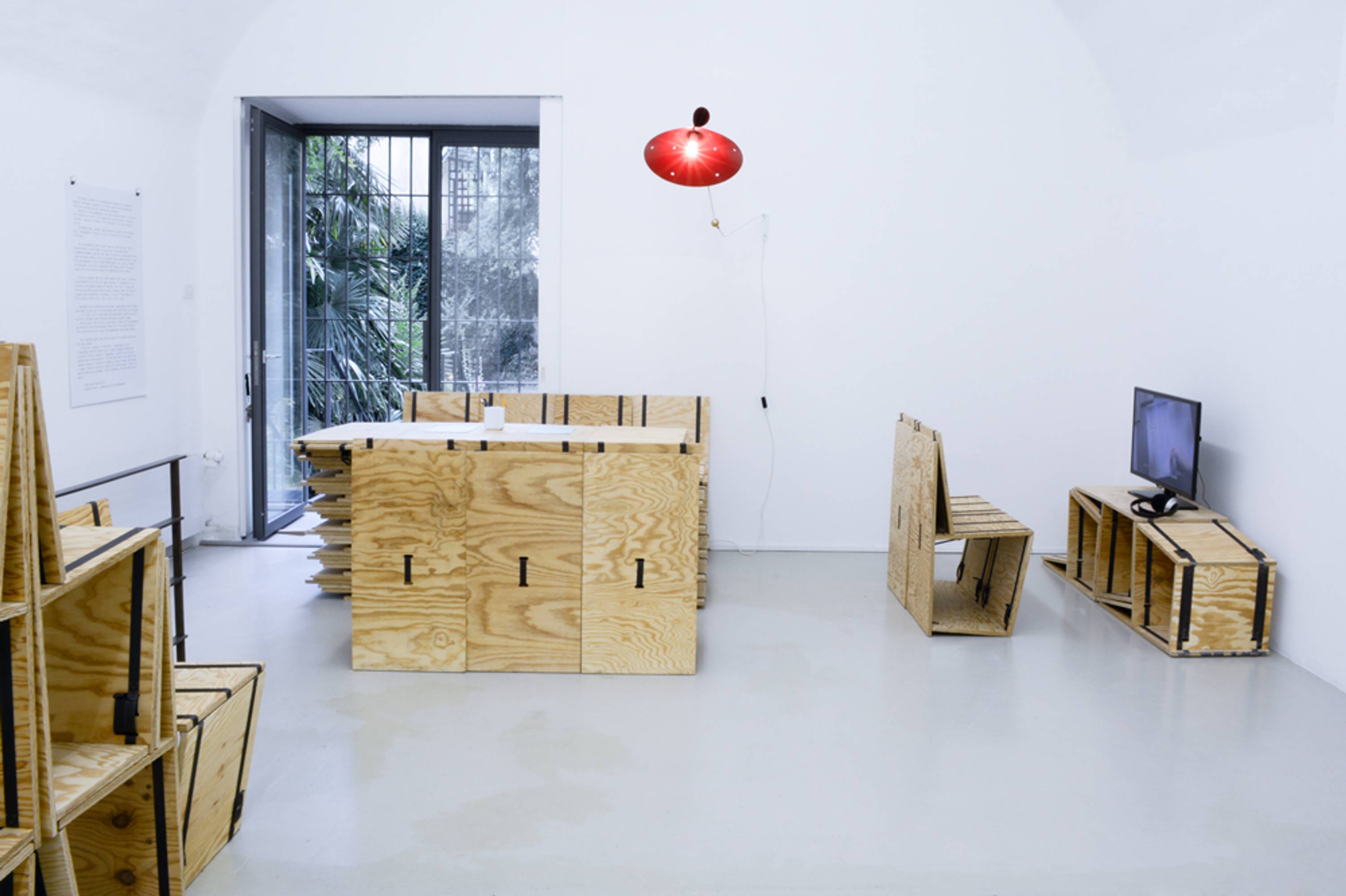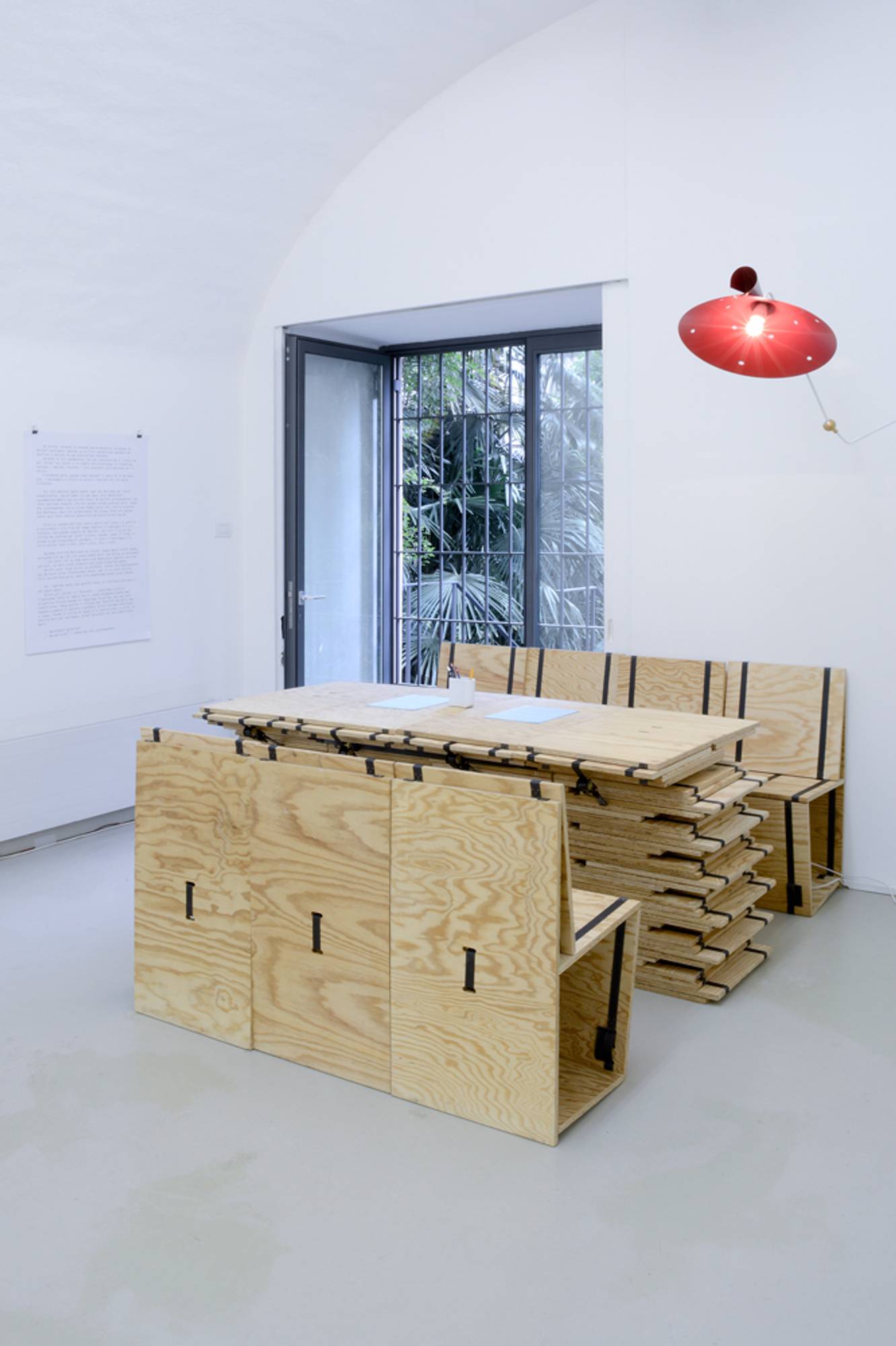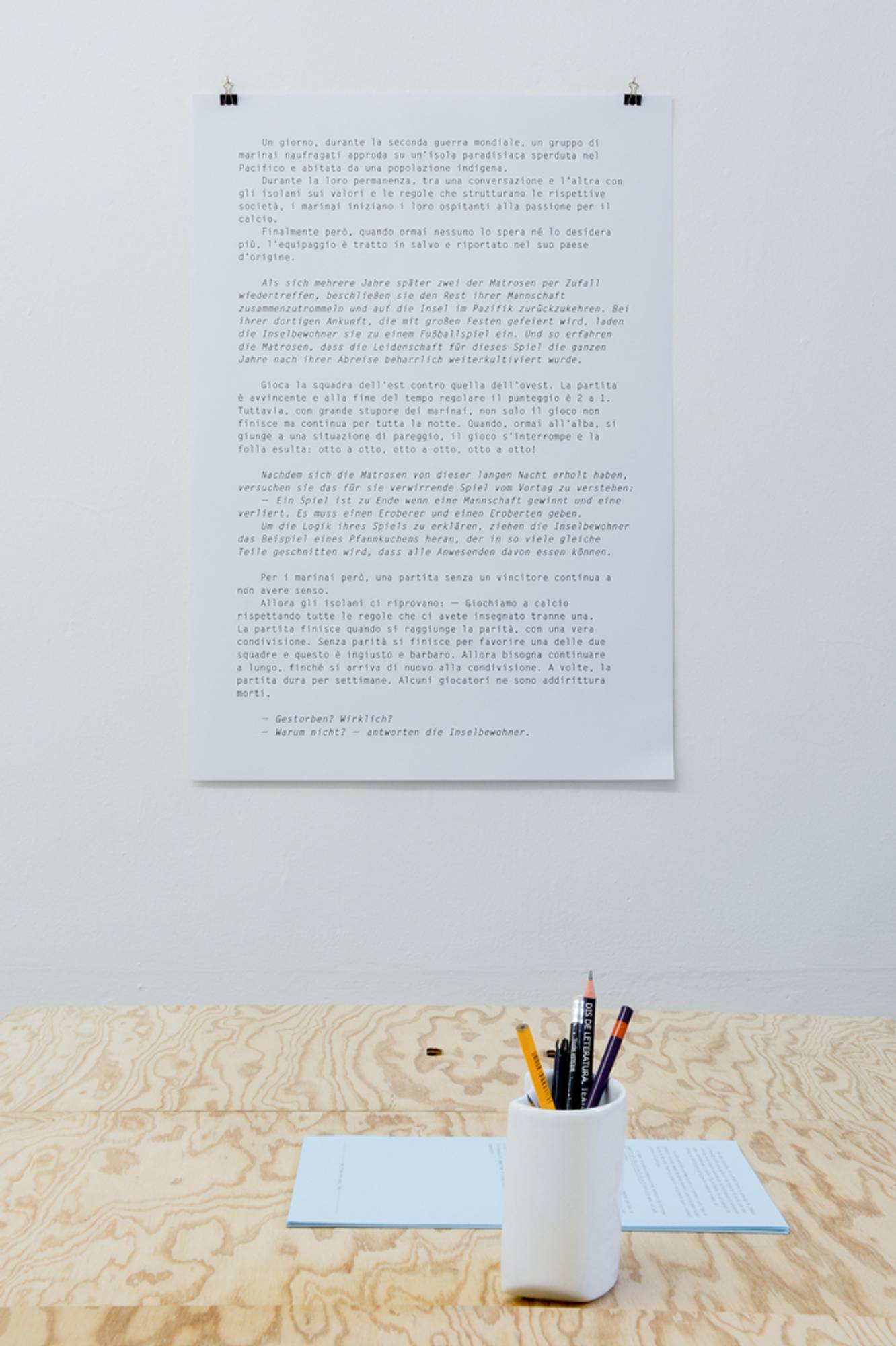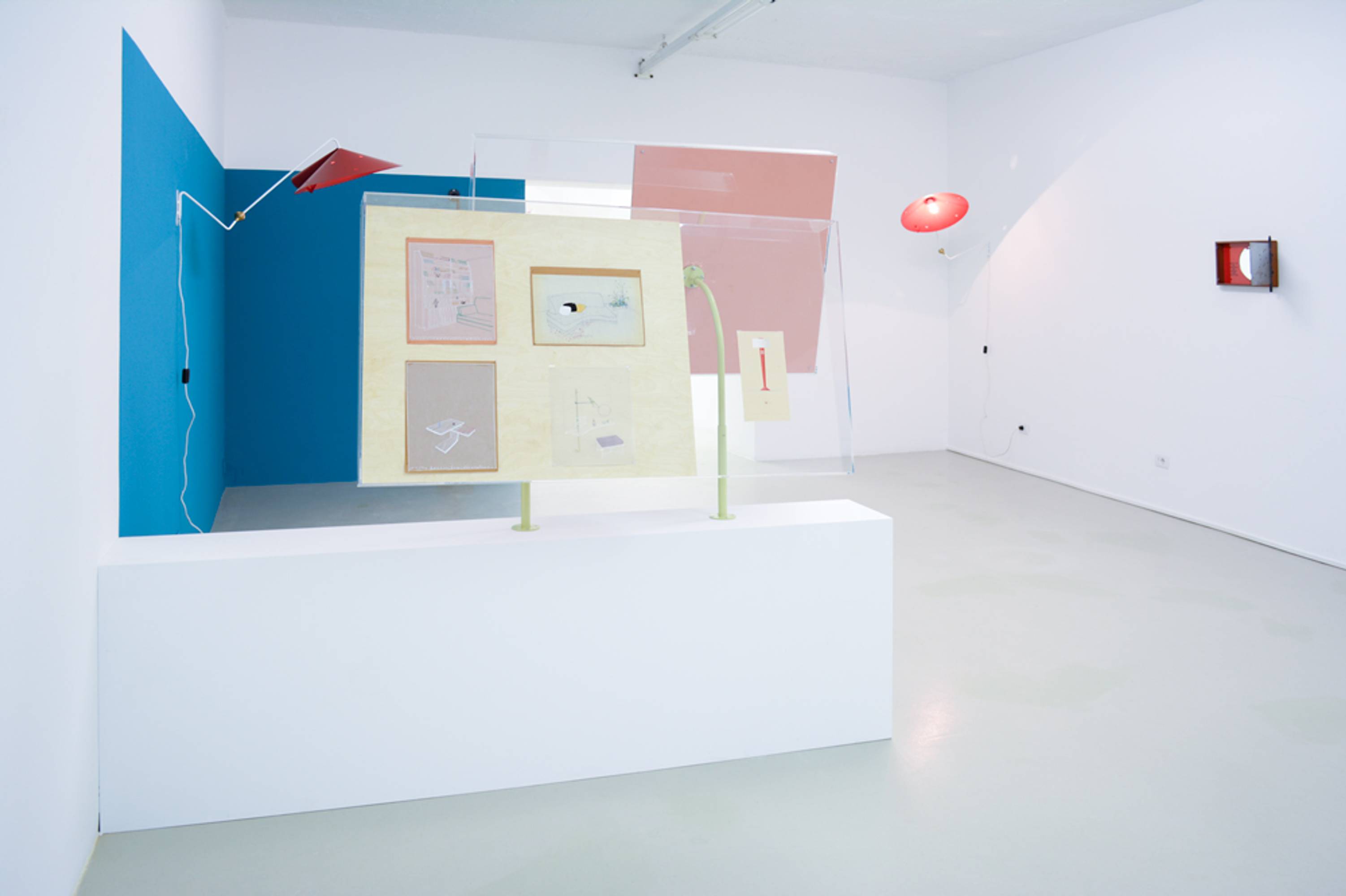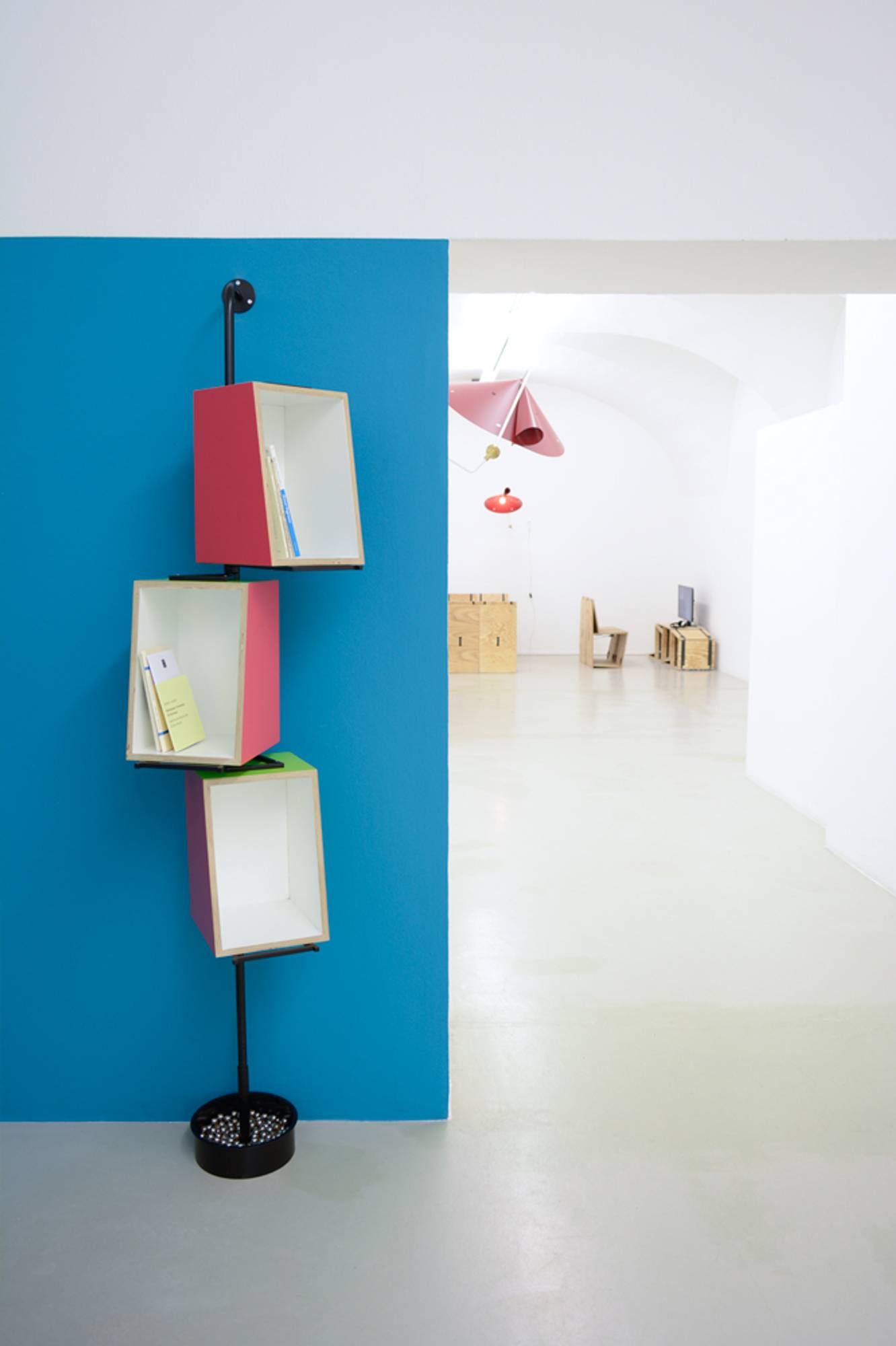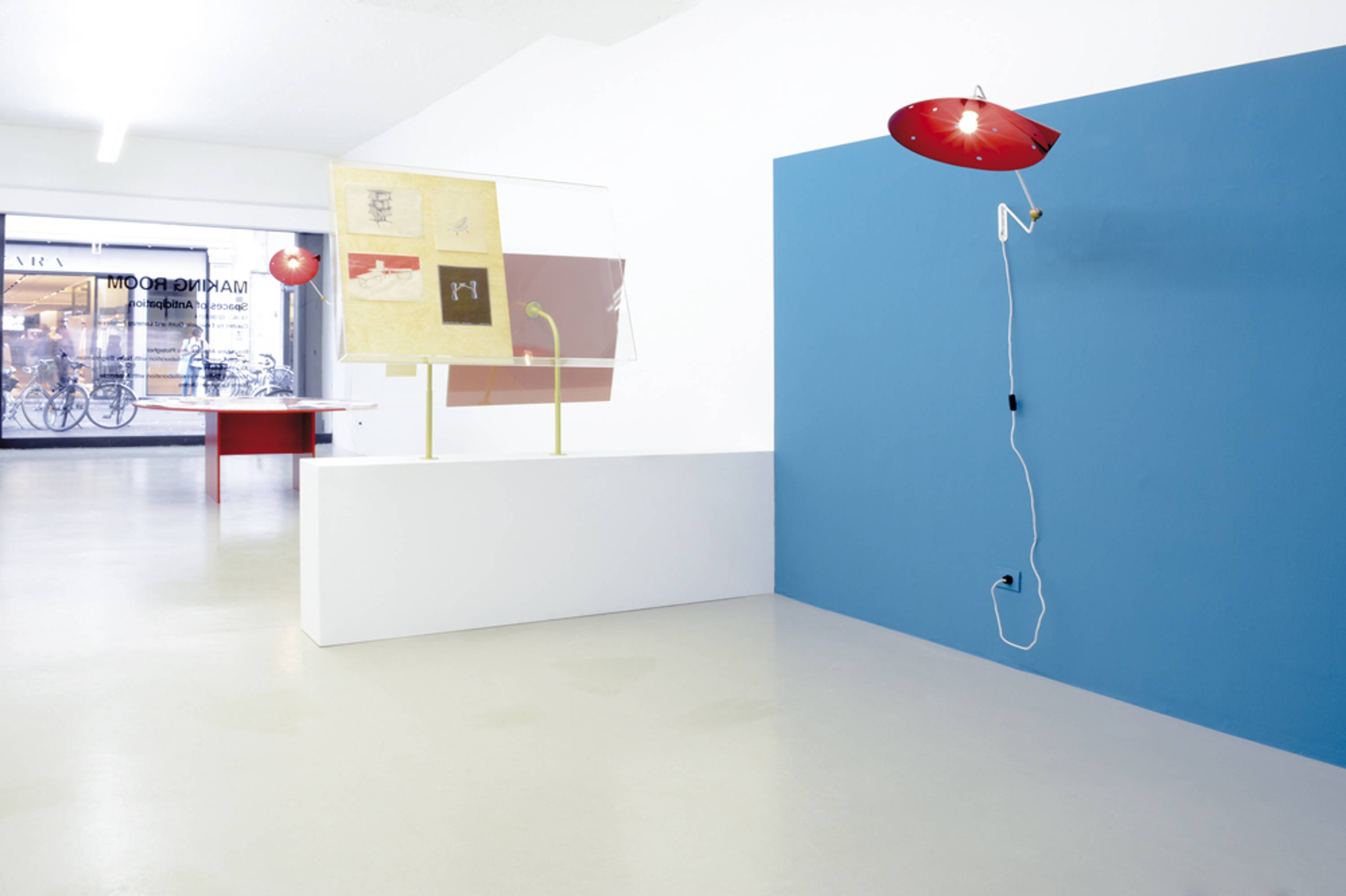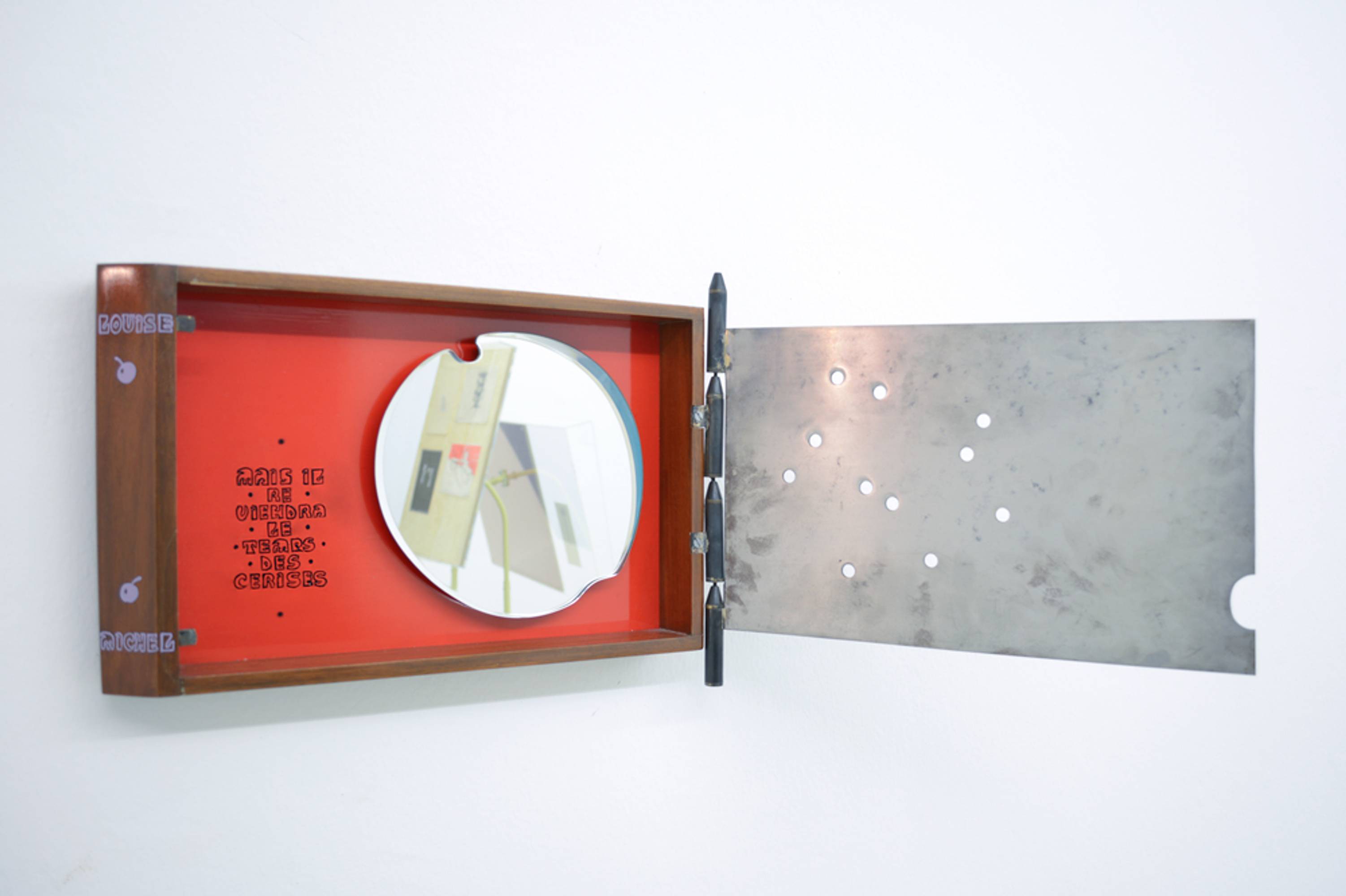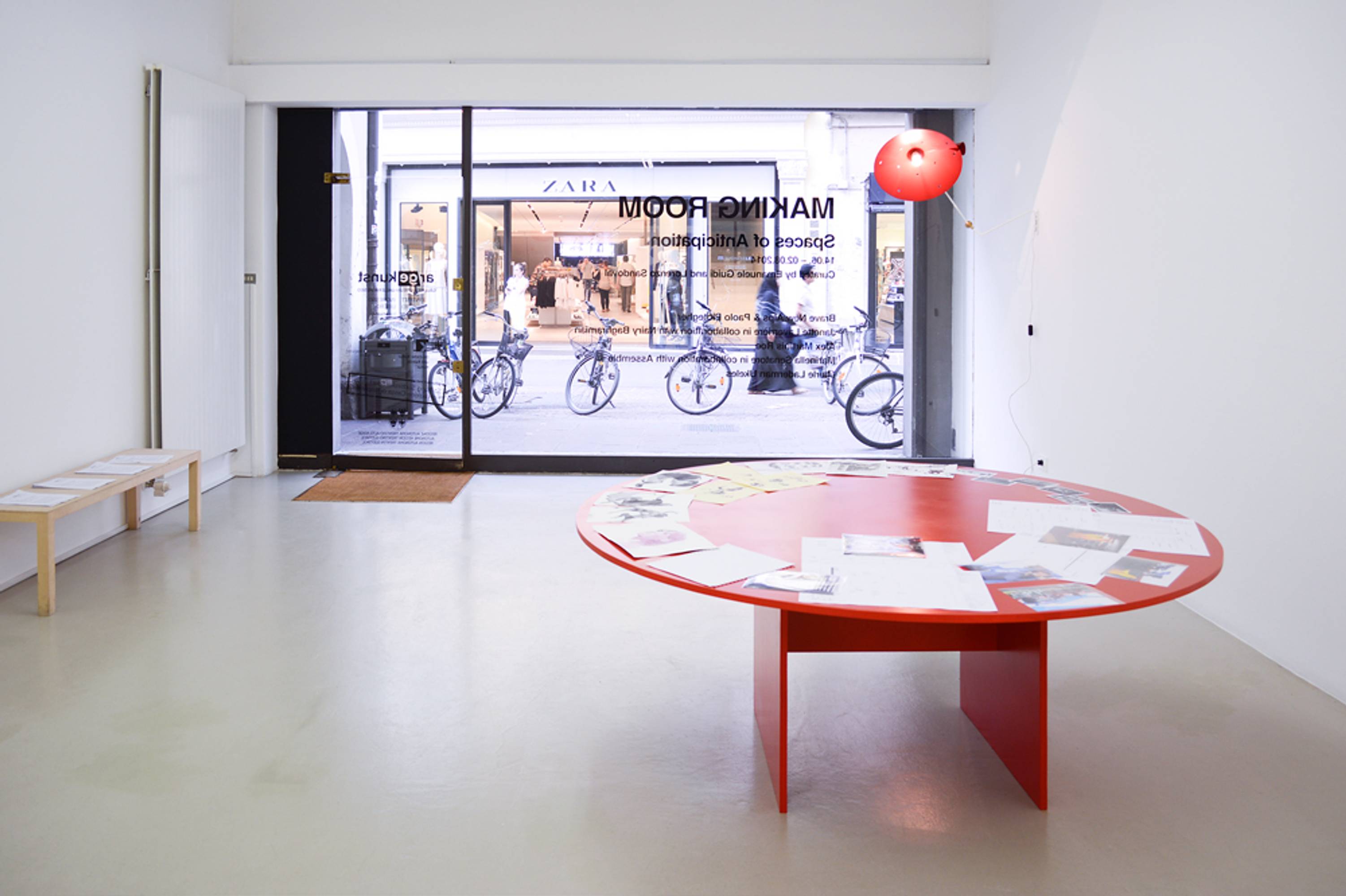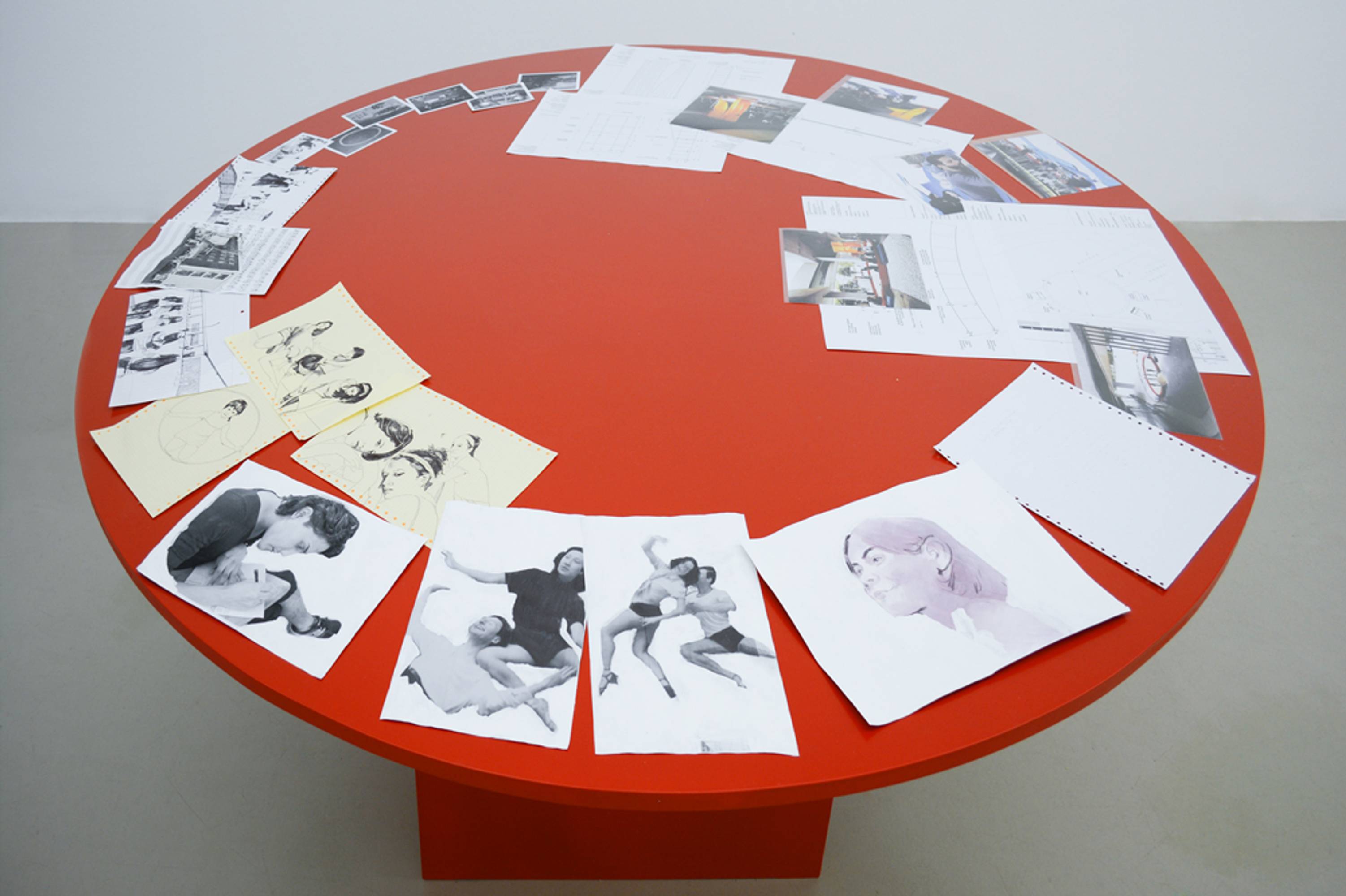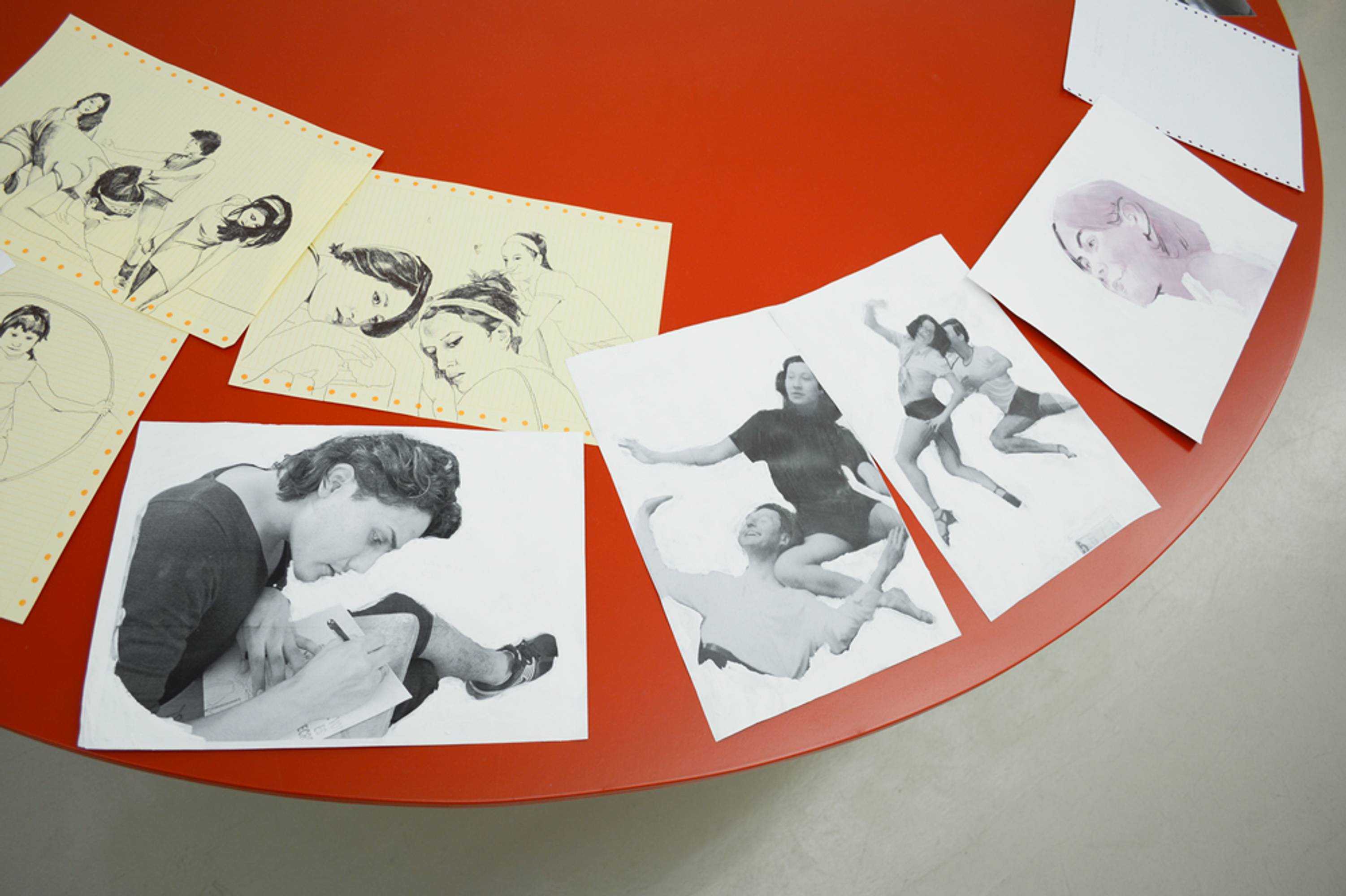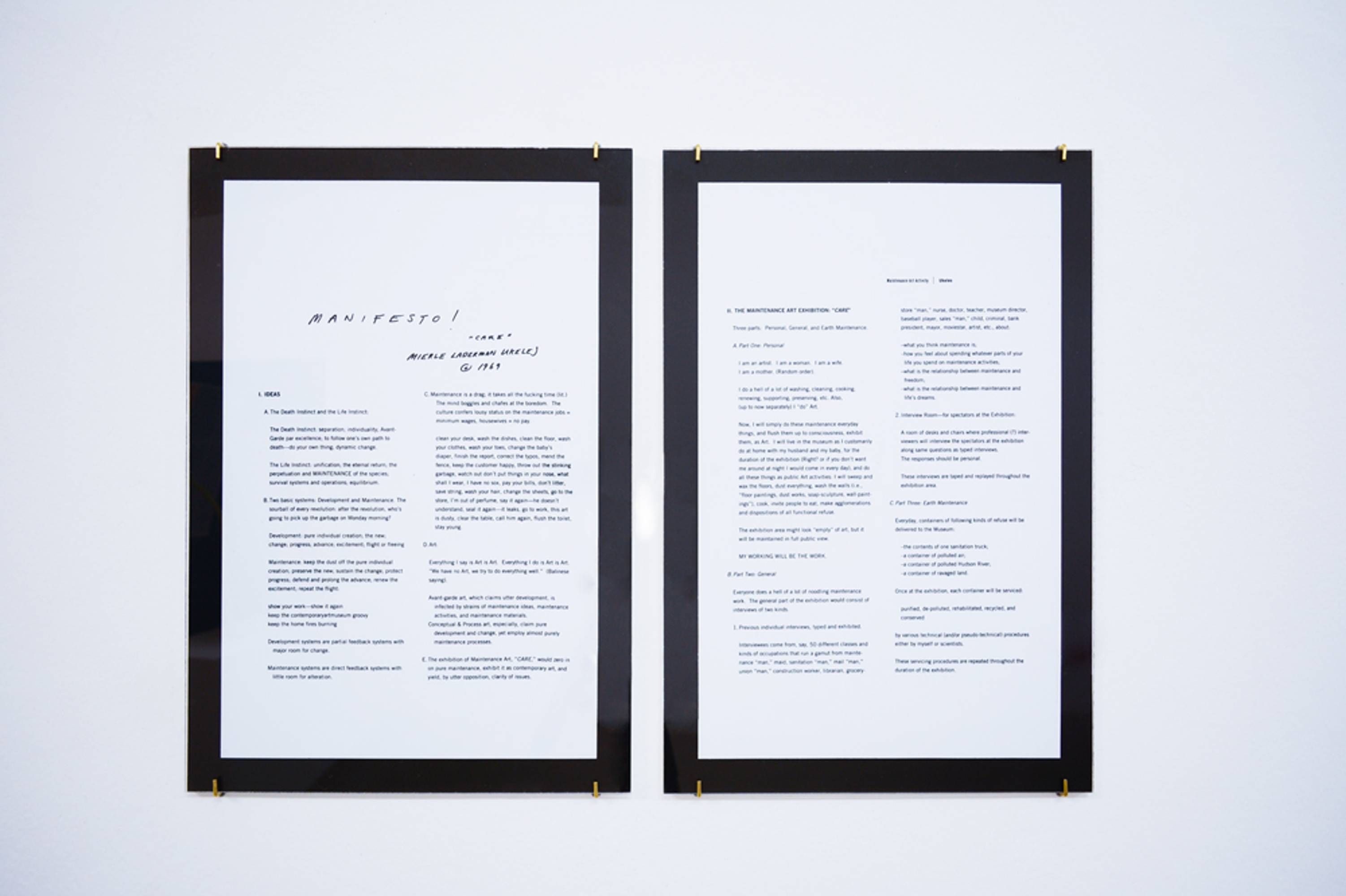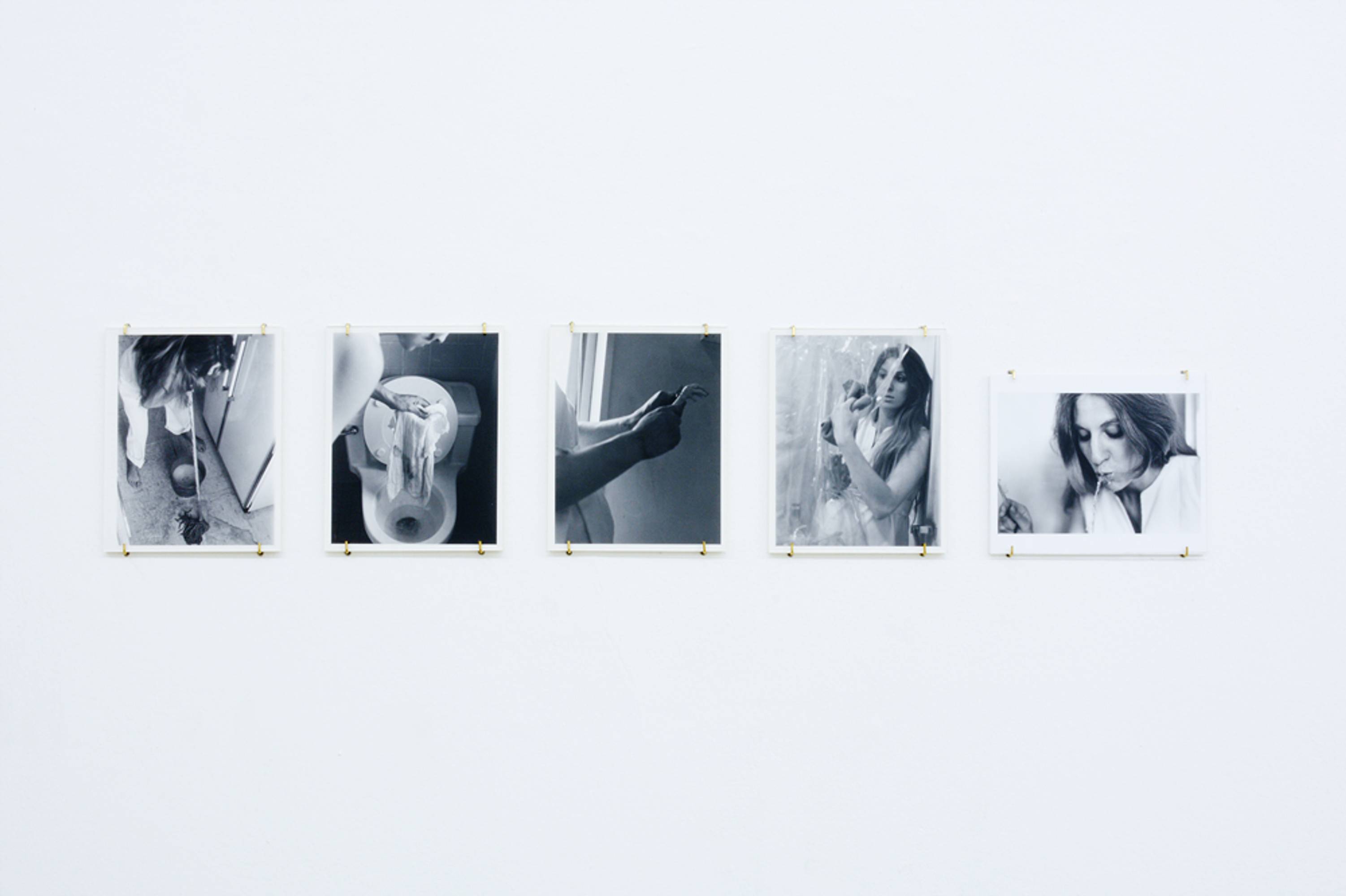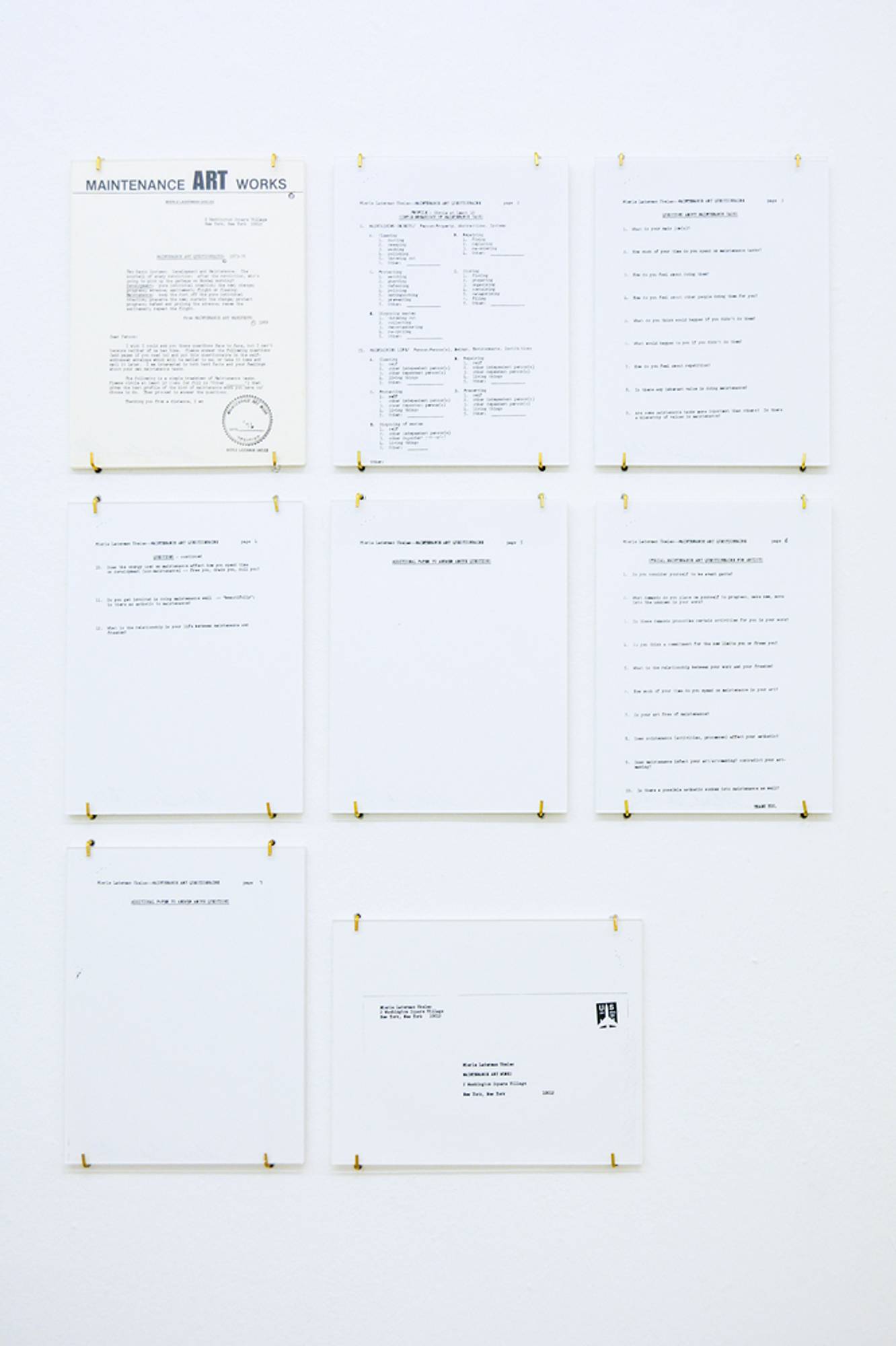Making Room – Spaces of Anticipation
Brave New Alps & Paolo Plotegher,
Janette Laverrière in collaboration with
Nairy Baghramian, Alex Martinis Roe,
Marinella Senatore in collaboration with Assemble,
Mierle Laderman Ukeles.
Opening: 13 June 2014, 7 pm
Curated by Emanuele Guidi and Lorenzo Sandoval
Making Room is an exhibition exploring the idea of space in relation to the artistic, cultural and curatorial practices that produce it. Accordingly, it brings together works and collaborations by artists, architects and designers from different generations and geographies, each of them stressing the mutual correspondence and influence between social practices and the environments that play host to them.
In all the projects presented, the act of proposing spatial settings and configurations unfolds in line with the desire to establish a bond between past and ongoing experiences – through collaboration, storytelling or simply by posing questions. Hence a domestic environment, a salon or a school, a display system, a cultural association or an art institution can all still be considered as models for facilitating possible encounter and common usership. In this context, the notion of ‘care’ is central to rethinking the way these ‘places’ can be designed, experienced and (collectively) maintained.
‘Making room’ in this sense becomes a gesture that welcomes other practices and knowledge as generative forms of transformation – a way of ‘giving space’ and ‘dedicating time’ to both alliances and conflicts, be that with partners, fellow colleagues, audience members.
In this context, the Manifesto For Maintenance Art 1969! Proposal for an Exhibition ‘CARE’ by American artist Mierle Laderman Ukeles (born 1939, Denver, Colorado) stresses the importance of the unseen activities and periods of time necessary for the ‘maintenance’ and support of a ‘place’. Written after the birth of Ukeles’ first child, the Manifesto reveals the complex set of relations that regulate the life of the artist (woman and mother), both in the private sphere (the house) and the public sphere (the exhibition space and the art institution). In the following years her research continued with The Maintenance Art Questionnaire (1973–1976), a survey that asked the audience how much time they spend on such maintenance tasks. This Questionnaire has to be understood as an affirmative gesture, one that instigates a public sharing of these preoccupations, reflections and responsibilities.
A similar notion of care also resonates in A story from Circolo della Rosa by Alex Martinis Roe (1982, Australia, lives and works in Berlin), part of the artist’s work on feminist genealogies. The film relates the encounter between two women – both active members of the Milan Women’s Bookstore Collective – and their work on feminist pedagogical experiments in the late 1980s. Narrated in the form of a fictional correspondence between the artists themselves, the story describes the reciprocal nature of a relationship built on affidamento or ‘entrustment’: a social-symbolic practice exercised and theorized by the Milan Women’s Bookstore Collective.
Alex Martinis Roe, ‘A Story from Circolo della Rosa’, 2014 from ar/ge Kunst on Vimeo.
The need to accommodate and follow up alternative histories is also central to the collaboration between the Swiss, naturalised French designer Janette Laverrière (1909–2011) and the artist Nairy Baghramian (1971, Iran, lives and works in Berlin), who met and began collaborating in 2008. Laverrière’s drawings, furniture and objects are presented in a display system conceived by Baghramian. This includes a vitrine system for sketches, and walls painted in a watery green that recalls Laverrière’s private living room. The care invested in this arrangement gives eloquent expression to the intergenerational friendship between the two women (Laverrière said they were ‘sisters in spirit’), but it also highlights the interweaving of Laverrière’s professional, private and political life. Alongside her work as a designer, Laverrière was among the founders of the National Front for Decorators and the Decorators Trade Union (both in 1944), and in the latter part of her career she designed ‘useless’ objects in which the need to tell a story prevails over function. A significant example of this is the mirror from her Evocations series: La Commune, homage à Louise Michel (2001), which evokes the French anarchist Louise Michel and her contribution to the foundation of the Paris Commune.
The School of Narrative Dance is a project that was initiated in 2013 by Marinella Senatore (1977, lives and works in Berlin and London): a model for a multidisciplinary, nomadic, free school, which, through verbal and non-verbal storytelling, centres the educational process on the emancipation, inclusion and self-cultivation of the student. For Making Room, Senatore and the architectural practice Assemble (London) have proposed a display that assembles a number of related documents and preparatory drawings. These visual and conceptual references, presented on a sort of working table, underline the process of translation that was involved in giving the school its first actual architectonic and spatial dimension on the occasion of the Premio Maxxi in Roma.
Working with and on behalf of ar/ge kunst, Brave New Alps & Paolo Plotegher have started a research project that considers all these practices and explores the potential of models of art institutions such as the Kunstverein. Taking the story of the ‘The Troubadour of Knowledge’ by Michel Serres as their starting point, they have produced a visitors’ questionnaire in order to collect experiences that will then form the basis for a forthcoming workshop.
Making Room is the research phase of the project Spaces of Anticipation, developed in collaboration with the EACC – Espai d’art contemporani de Castelló in Castellón de la Plana.
Special Thanks to
Silberkuppe (Berlin) e Ronald Feldman Gallery (New York)

